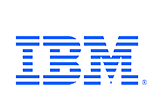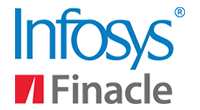Overview
Transaction Banking - Transaction Banking, often referred to as GTB - Global Transaction Banking is more than a key revenue stream for banks and financial institutions, it is unquestionably a vital component of the trading abilities of businesses and as such, essential to the health of national economies.With many economies across the Middle East travelling determinedly along the route to growth and development, most notably in the GCC, there is going to be an expanding need for Transaction Banking services and facilities. This in itself is a challenge, but it is also happening along with epochal change in the regional banking system as the application of technology and the use of AI becomes normal, in fact expected of our financial institutions.
If we add into this mix the fact that regional economies are driven in large part by SMEs who, with today’s communications options, will be trading more expansively and in diverse locations, plus transnational initiatives and standardisation all aimed at speeding and smoothing cross-border payments, banks have a lot to focus on in their Transaction Banking business.
How are banks in our region going to adapt, compete, recruit the talent and remain profitable in the face of the changes and heightening competition they will face?
The MEA Finance, Transaction Banking Summit, 2024, will gather national and regional leaders from Banks, Corporates, Technology, Fintech and Government to address these questions in a programme of lively and highly topical panel debates. The Summit discussions will focus upon the growth of Transaction Banking across the region, its essential importance to the economies of the region and how the inevitable application of technology and AI will shape the processes and practices animating it.
What to expect
- More than 300 banking and technology leaders with a format attracting the entire spectrum of interested professionals including regulators, technology companies, start-ups, fintechs, innovators and other stakeholders from the value chains.
- Solid engagement opportunities for your company with decision makers, to directly tell them about your company’s solutions to today’s most pressing industry issues
- Exposure to the regional banking fraternity with your brand visibility in the exhibition area during networking breaks and via participation in panel discussions and keynote presentations
Who should attend?
- Chief Executive Officer
- Chief Financial Officer
- Chief Technology Officer
- MD - Head of Treasury, Capital Markets & FI
- Chief Operating Officer
- Chairman
- Chief Audit Executive
- Chief Commercial Officer
- Chief Economist and Head of Research
- Chief of Shared Services Officer
- Chief Risk Officer
- Managing Director
- Partner - Financial Services
- Advisor - Investment Management
- Commercial Advisor
- Executive Director
- Head of Client Relations
- Head of Payments, Remittances & FX
- Head of Regulatory Advisory and Assurance
- Head of Transaction Banking
- Head Corporate Relations and Strategic Partnerships
- Head Digital Strategy and Change
- Head of Corporate Communications
- Head Digital Strategy and Change
- Head of E-Banking
- Head of Market Risk
- Head of AML & Sanctions
- Head of Bancassurance
- Head of CAD, Remedial & Collection
- Head of Central Operations
- Head of Change Management
- Head of Client Experience
- Head of Compliance
- Head of CRM
- Head of Disclosure and Issuance Department
- Head of Enterprise Architecture
- Head of Enterprise Banking Platforms
- Head of External Communications
- Head of Finance
- Head of Financial Institutions
- Head of Government Relations & PR
- Head of Information Security
- Head of Investment Solutions
- Head of Issuance
- Head of Prepaid Cards
- Head of Regulatory Compliance
- Head of Retail Banking
- Head of Risk Specialist
- Head of Strategic Planning
- Head of Strategy - Technology
- Head of Transaction Banking
- Head Product Manager
- Manager Audit & Compliance
- Manager Operational Risk
- Payments & Contract Manager
- Portfolio Specialist - Insights & Strategy
- Project Manager
- Regional Compliance Manager
- Regional Manager - Compliance & Risk Retention & Vigilance Manager
- Senior CRM Project Lead
- Senior CX Manager
- Senior Manager - Digital Transformation
- Senior Manager Treasury
- Information Security, Senior Strategic Advisor
- Senior Trade Officer, Strategy & PMO
- Assistant Vice President - Global Customer Relations
- Associate VP - Strategic Engagements
- AVP Agile Delivery - Retail Banking
- AVP Credit Risk and Portfolio Manager
- FS Strategy Manager
- SVP & Head of Compliance - Personal Banking Group
- SVP & Regional Head - Corporate & Commercial Banking
- Vice President, Compliance
- VP Risk and Change Management
- VP Wealth and Asset Management
- VP - Strategic Initiatives & Bancassurance
Agenda
Wednesday, 12 June 2024
08:00 - 09:00 Arrival & Registration
09:15 - 09:20 Welcome note
09:20 - 09:30 Keynote Address: Mr. Mohammed Alsarrani, Deputy Director General of the Financial Sector Development Program (FSDP), Ministry of Finance, Saudi Arabia
The Middle East can become a world leading commercial hub. Gifted with natural entrepreneurship, positive demographics and visionary objectives - such as Vision 2030, this potential must be supported by effective and secure transaction banking and payments. However, the lingering challenges of payment fragmentation, ongoing and looming geo-political crises, current interest rate regimes and the seismic changes technology will usher in, are just some of the hurdles to be overcome. How will Transaction Banking and Payments adapt to the challenges of today’s world and can they, in the face of existing and future challenges, meaningfully contribute to our region’s potential to become a world leading global business hub.
Transaction Banking, seen as relatively low risk, nevertheless is subject to forces that can have negative outcomes, such as operational risks that include currency volatility and interest rate activity; increasing geo-political flare-ups or natural disasters; fraud and cyber-crime, to name some. What can be done to take away or mitigate such dangers? Will cross-border standardisation initiatives reduce, and can technology help avert operational risk? Will AI reduce or even solve fraud risk? What opportunities are there for technology companies, in partnership with banks to prepare for or soften the consequences of events or the unexpected?
11:00 - 11:15 Mindgate Presentation
11:15 - 11:45 COFFEE BREAK
Technology will command an increasingly prominent role in Transaction Banking, solving business problems by creating new efficiencies, speeding processes and offering solutions for smoothing out the rockier parts of the journey. However, there will remain parts of the process, such as cross-border bureaucracy and unforeseeable natural or geo-political circumstances that place obstacles and obstructions. Will technology always be a welcome tool to solve problems and salve the rough spots, or might it also add greater risk and expanded threats of cyber security and crime, especially in the payments realm?
12:30 - 12:45 IBM Presentation
It need not be mentioned how payments are fundamental to Transaction Banking, but it is worth discussing how payments are evolving in the region. Is standardisation and enhancement by multi-currency platforms supported by central banks having an effect? How are initiatives, such as ISO 20022, AFAQ or Buna benefitting banks and businesses involved in regional payments? Are they helping to iron out inefficiencies with costly outcomes that delay payments, hinder the ability to manage cash flow and can cost companies sales. Can or will the 2027 target developed by the Financial Stability Board at the G20 for more transparent, cheaper and faster and accessible payments be met?
13:30 - 14:30 LUNCH
14:30 - 14:45 DiXio Presentation
With competition in the region growing, putting pressure on margins, plus the costs of risk management and compliance, can AI and the Cloud keep revenues healthy? While largely the case in retail banking, can their advantages apply to Transaction Banking? What decisions can or should a bank make between localisation or globalisation of data centres? As AI evolves, could it predict challenging situations and provide solutions to circumstances that previously would have been unavoidable or costly? How far can and will Al and the use of the cloud advance in the commission and provision of Transaction Banking?
15:30 - 16:00 COFFEE BREAK/ NETWORKING
Speakers
-
KEYNOTE
 Mohammed Alsarrani
Deputy Director General of the Financial Sector Development Program (FSDP)Ministry of Finance, Saudi Arabia
Mohammed Alsarrani
Deputy Director General of the Financial Sector Development Program (FSDP)Ministry of Finance, Saudi Arabia
-
 Dr. Ahmed Darwish Elsayed
Head of Digital DeliveryBank Albilad
Dr. Ahmed Darwish Elsayed
Head of Digital DeliveryBank Albilad
-
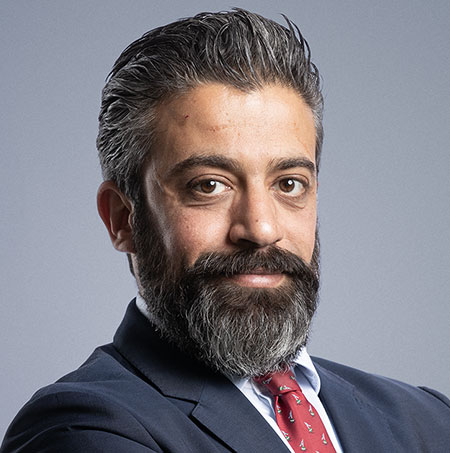 Ahmed Ghandour
Managing Director - Middle EastBackbase
Ahmed Ghandour
Managing Director - Middle EastBackbase
-
 Alexis Haessler
Regional Head, Middle-East & LevantACI Worldwide
Alexis Haessler
Regional Head, Middle-East & LevantACI Worldwide
-
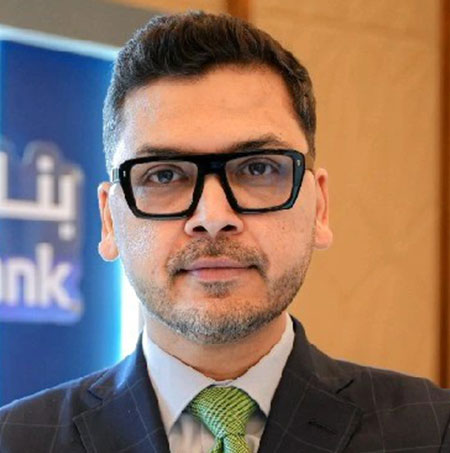 Amol Bahuguna
SVP, Head of Corporate Technology, Innovation and Change ManagementRiyad Bank
Amol Bahuguna
SVP, Head of Corporate Technology, Innovation and Change ManagementRiyad Bank
-
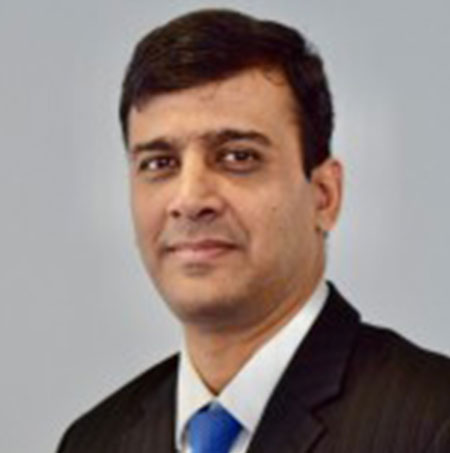 Anand Sampath
MD, Head - Global PaymentsFirst Abu Dhabi Bank
Anand Sampath
MD, Head - Global PaymentsFirst Abu Dhabi Bank
-
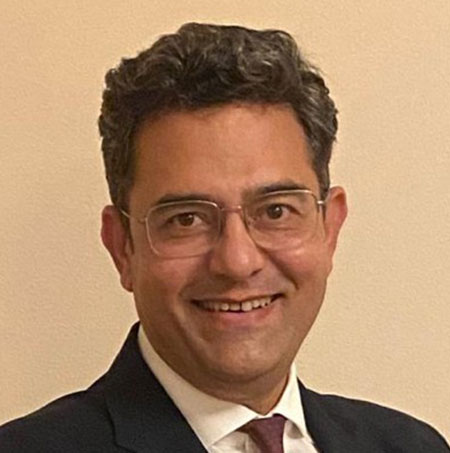 Anjum Noman Mirza
Executive Vice President, Head - Trade Finance Solutions GTB GroupThe Saudi National Bank
Anjum Noman Mirza
Executive Vice President, Head - Trade Finance Solutions GTB GroupThe Saudi National Bank
-
 Balaji Muthu
Executive Director - MENAMindgate Solutions
Balaji Muthu
Executive Director - MENAMindgate Solutions
-
 Bushra Alghamdi
Head of Artificial IntelligenceAlinma
Bushra Alghamdi
Head of Artificial IntelligenceAlinma
-
 Camelia Olteanu
Vice President, Group OperationsQatar National Bank
Camelia Olteanu
Vice President, Group OperationsQatar National Bank
-
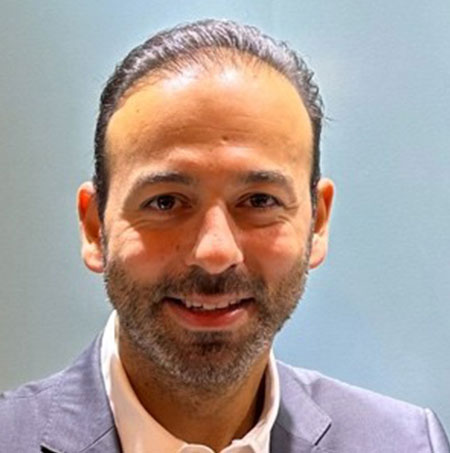 Cem Soydemir
Head of Payments Go-To-Market, MEA, South & Central AsiaSwift
Cem Soydemir
Head of Payments Go-To-Market, MEA, South & Central AsiaSwift
-
 Damon Madden
Strategic Solution Consultant - Fraud, MEASAACI Worldwide
Damon Madden
Strategic Solution Consultant - Fraud, MEASAACI Worldwide
-
 Deekshith Marla
FounderArya.ai, an Aurion Pro company
Deekshith Marla
FounderArya.ai, an Aurion Pro company
-
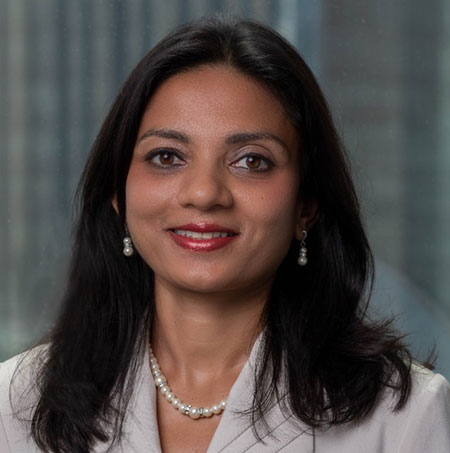 Finali Fernando
Managing Director, Regional Head of Products, CCO and Business Management Global Payments SolutionsHSBC
Finali Fernando
Managing Director, Regional Head of Products, CCO and Business Management Global Payments SolutionsHSBC
-
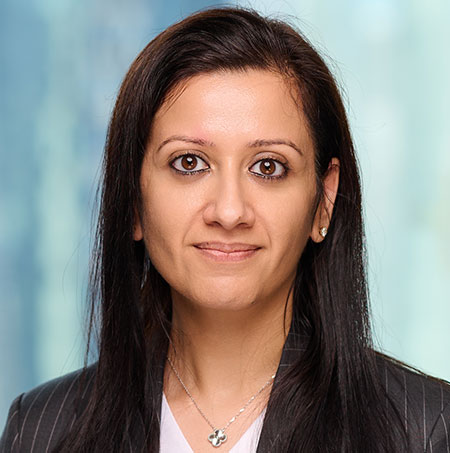 Gurpreet Saluja
Executive Director, Financial ServicesJP Morgan
Gurpreet Saluja
Executive Director, Financial ServicesJP Morgan
-
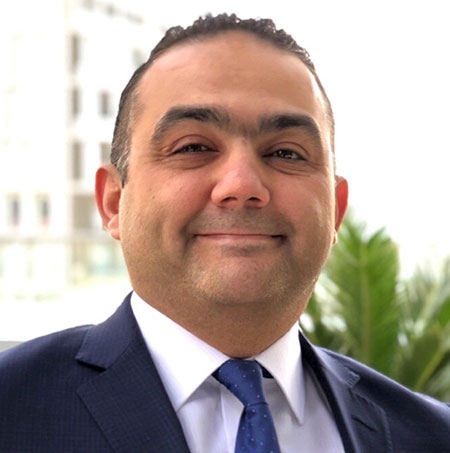 Haitham Abu Ghazaleh
Head of Enterprise Risk ManagementConfidential
Haitham Abu Ghazaleh
Head of Enterprise Risk ManagementConfidential
-
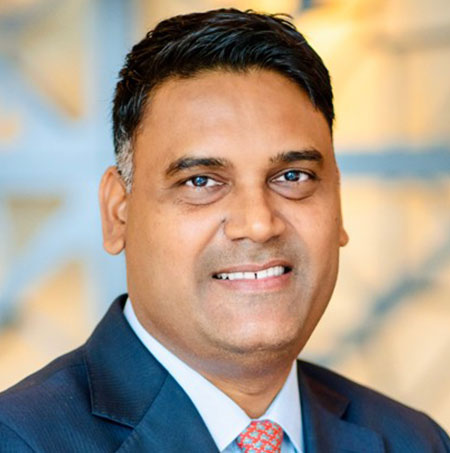 Huny Garg
Country Head - KSASwift
Huny Garg
Country Head - KSASwift
-
 Joude Badra
General Manager KSADiXio
Joude Badra
General Manager KSADiXio
-
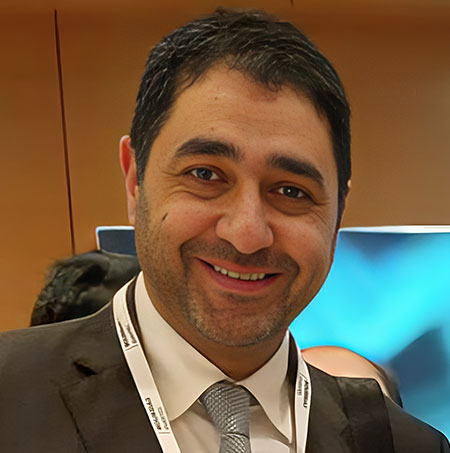 Karim Sanjakdar
Enterprise Business Development ManagerAllied Engineering Group
Karim Sanjakdar
Enterprise Business Development ManagerAllied Engineering Group
-
 Ladle Patel
Senior AI AdvisorArab National Bank
Ladle Patel
Senior AI AdvisorArab National Bank
-
 Martin Blechta
PartnerBoston Consulting Group
Martin Blechta
PartnerBoston Consulting Group
-
 Marwan Dardounh
Chief Technology OfficerIBM Saudi Arabia
Marwan Dardounh
Chief Technology OfficerIBM Saudi Arabia
-
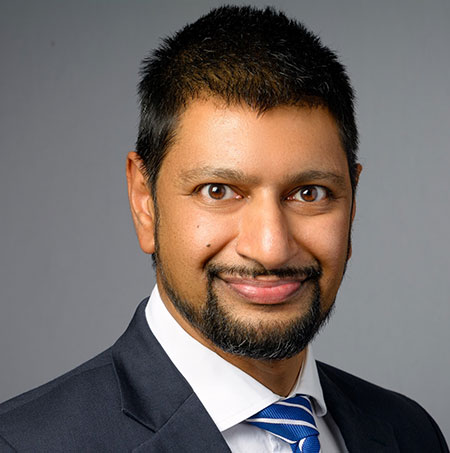 Nahim Bassa
SVP, Group Head of Strategy & TransformationBank Aljazira
Nahim Bassa
SVP, Group Head of Strategy & TransformationBank Aljazira
-
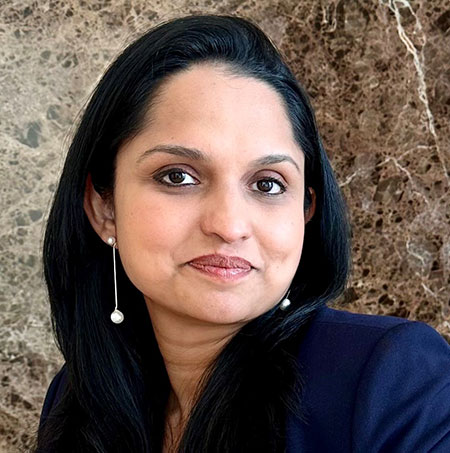 Najma Salman
Managing Director, Co-Head - Central Europe, Middle East & Africa for Institutional Cash & Trade Deutsche Bank
Najma Salman
Managing Director, Co-Head - Central Europe, Middle East & Africa for Institutional Cash & Trade Deutsche Bank
-
 Oleksandr Savchenko
Executive Director - Head of Trade, Working Capital & Transaction BankingStandard Chartered
Oleksandr Savchenko
Executive Director - Head of Trade, Working Capital & Transaction BankingStandard Chartered
-
 Olga J. Parra
Data & AI Brand LeaderIBM Middle East and Africa
Olga J. Parra
Data & AI Brand LeaderIBM Middle East and Africa
-
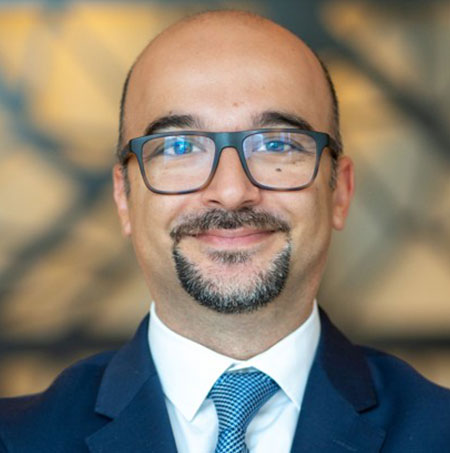 Onur Ozan
Managing Director / Regional Head - MENATSwift
Onur Ozan
Managing Director / Regional Head - MENATSwift
-
 Rakan Alajroush
SVP, Head of Global Transaction BankingRiyad Bank
Rakan Alajroush
SVP, Head of Global Transaction BankingRiyad Bank
-
 Reem Alshammari
Head of Treasury and Trade Solutions - KSACiti
Reem Alshammari
Head of Treasury and Trade Solutions - KSACiti
-
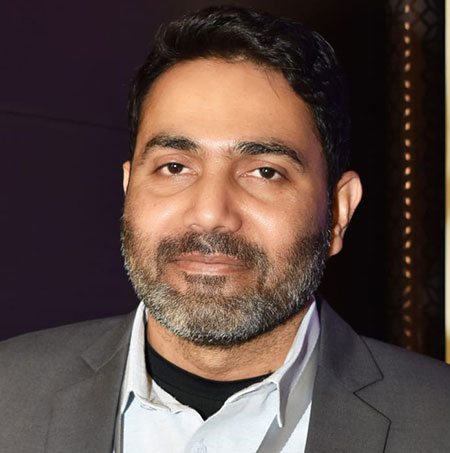 Sajjad Baloch
Head of Applications DevelopmentBayan Credit Bureau
Sajjad Baloch
Head of Applications DevelopmentBayan Credit Bureau
-
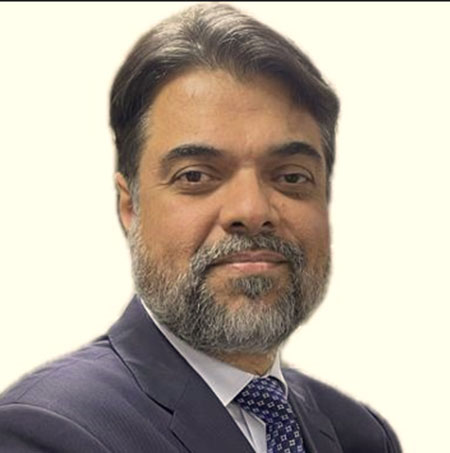 Shaikh Manzoor Sabir
Head of Cash ProductsGulf International Bank
Shaikh Manzoor Sabir
Head of Cash ProductsGulf International Bank
-
 Siva Subramaniam
Head - Product Management - Payments & Cash ManagementInfosys Finacle
Siva Subramaniam
Head - Product Management - Payments & Cash ManagementInfosys Finacle
-
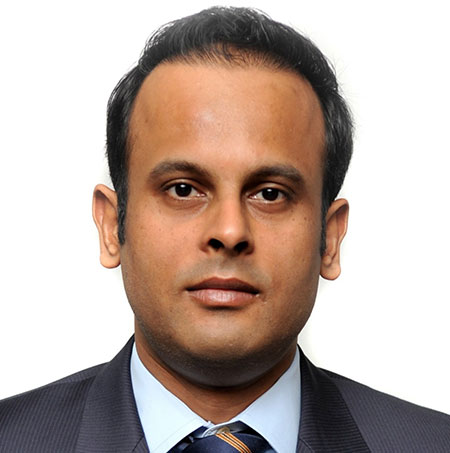 Suruj Dutta
PartnerEY
Suruj Dutta
PartnerEY
-
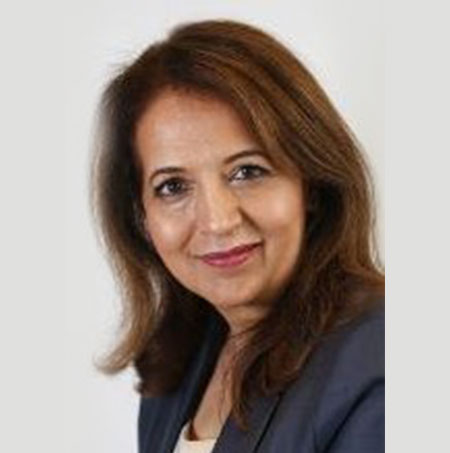 Talat Qureishi
Vice President, Business Development Commercial EEMEAMastercard
Talat Qureishi
Vice President, Business Development Commercial EEMEAMastercard
-
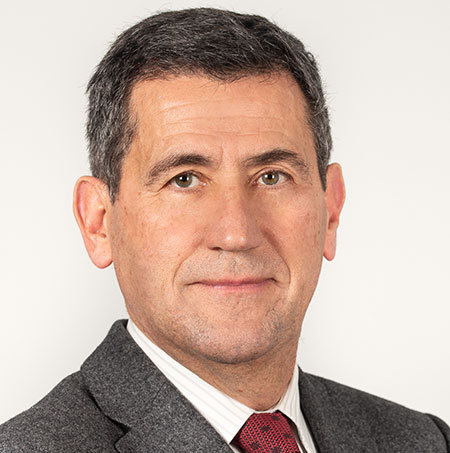 Thierry Simon
Chief Executive OfficerUnion of Arab & French Banks (UBAF)
Thierry Simon
Chief Executive OfficerUnion of Arab & French Banks (UBAF)
-
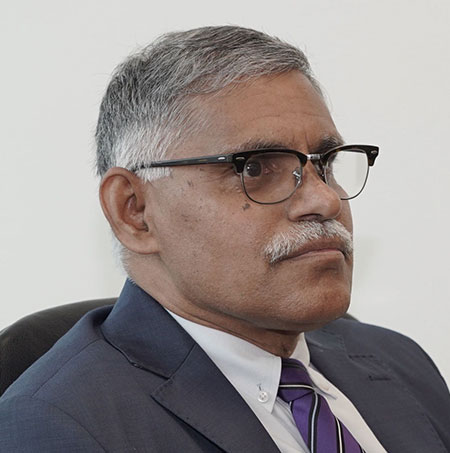 Venkata Surya Prasad Indraganti
Senior AGM, Head of Transaction BankingCommercial Bank of Qatar
Venkata Surya Prasad Indraganti
Senior AGM, Head of Transaction BankingCommercial Bank of Qatar
-
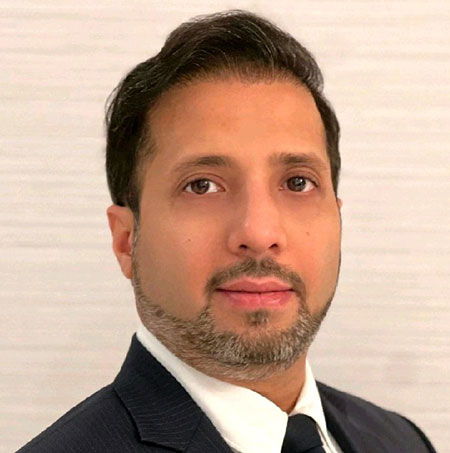 Waqas Khan
Head of Enterprise ArchitectureBSF
Waqas Khan
Head of Enterprise ArchitectureBSF
-
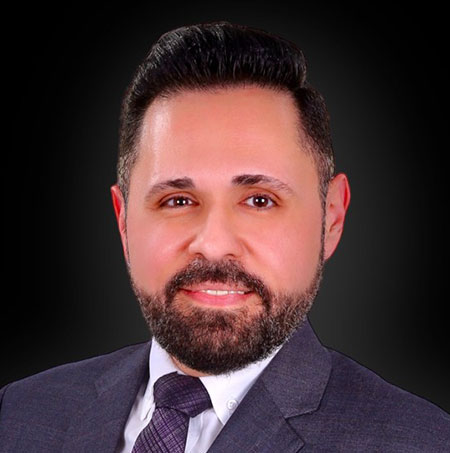 Wissam Massud
Director of International Expansion and Allianceshaifin
Wissam Massud
Director of International Expansion and Allianceshaifin









